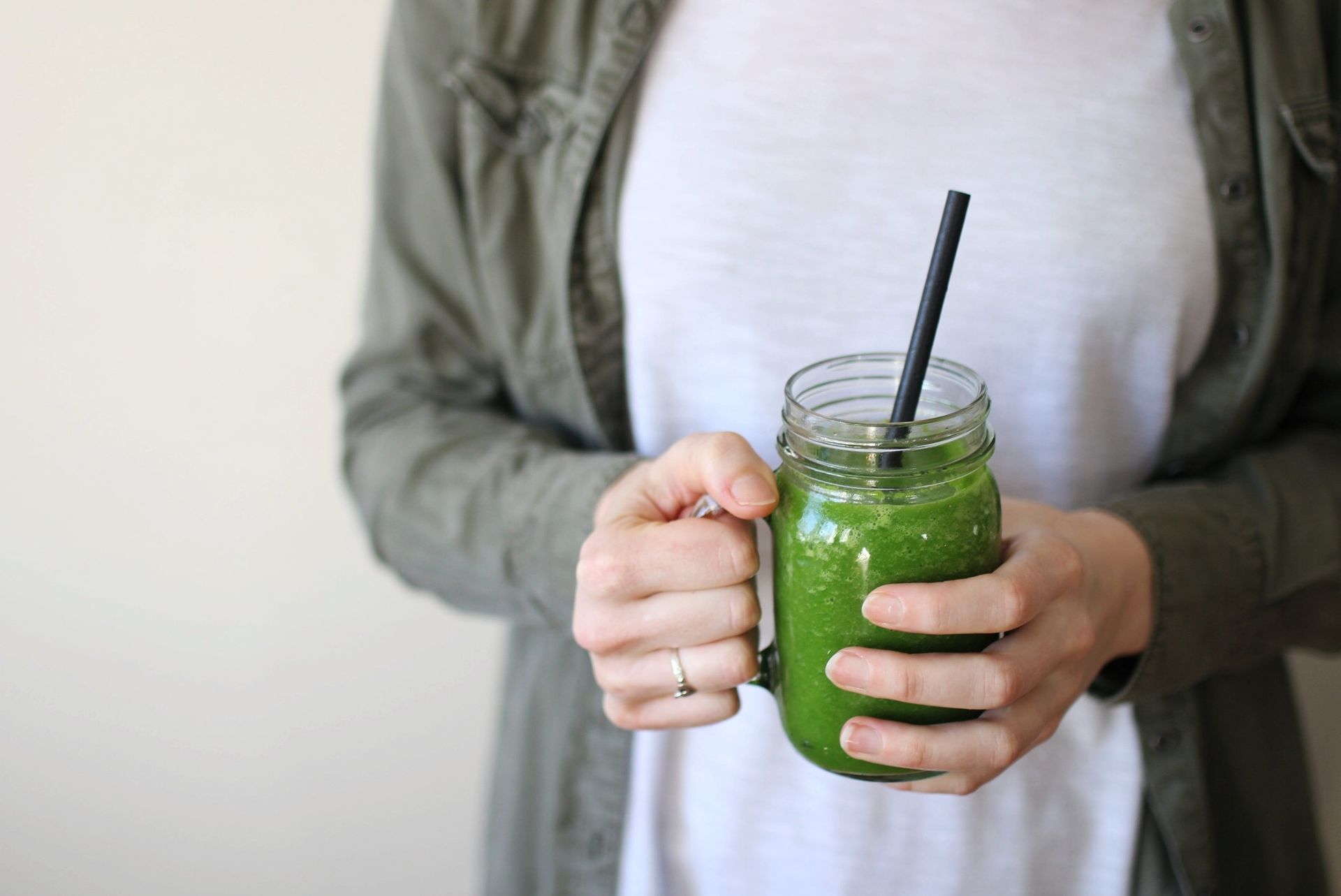We have been supporting the wellness of our communities since 1976.
Our highly trained staff are here to help. Our Product Educators have vast knowledge and experience with the products we carry in our stores - whether they take them themselves, have taken brand training, or have received feedback from customers.
Please visit one of our stores to chat with them about we can help support you and get you feeling your best!











